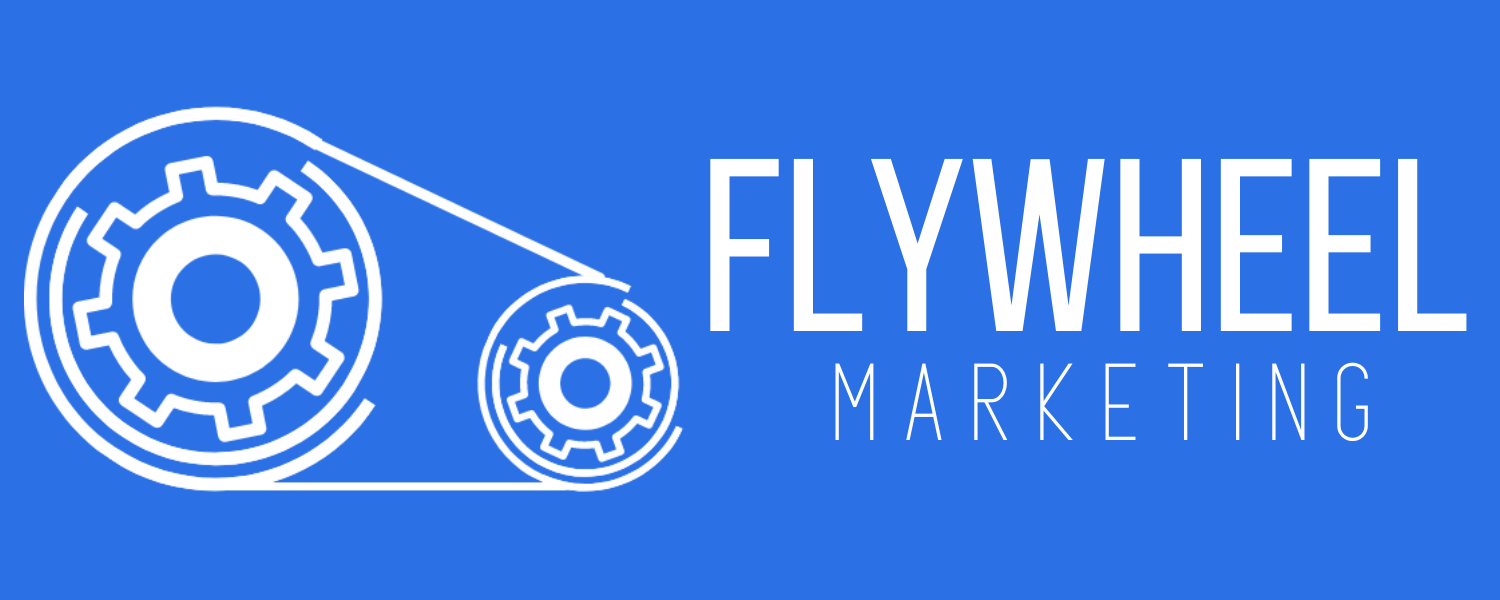How Consumers Find Websites
Consumers find websites in different ways. When a consumer has a specific need, the search for a website to meet that need begins. The consumer will search on a mobile device or a computer using a search engine (Google, Bing, Duck Duck Go, Ecosia) to find information related to their specific search. Search engines use algorithms to link to websites that meet the consumer's needs related to their search.
This is a short explanation of how most consumers find websites. If you’re still unsure how to get customers to your website or want to understand it better, please read on. It will take you about 3 minutes and be helpful.
There are about 4-5 ways that consumers find a specific website. When creating or managing a website, it’s important to incorporate all of these avenues to have the best chance of being found.
Keywords & search engines
Social media
Backlinks
Paid ads
Referrals
Bonus: Email lists
Let’s look at each way that consumers can find your website.
Keywords & search engines
This is the single biggest way that a consumer can find your website. Keywords are search terms that a consumer would use to find your specific service or product. Keywords are typed into a search engine and the search engine produces a list of website results based on the keywords being found in websites.
Keywords can be broad or specific, and keywords have competition levels among websites. For example, if everyone uses the keyword “cupcake,” then the competition for that word is high. You’ll need other keywords that are more narrow with lower competition to rank higher in the search results.
Keywords are used throughout websites to explain what services or products are offered. This process is called search engine optimization (SEO) and is a long-term marketing strategy that every online business should use. Our last blog explains the steps to find the best keywords for your business.
Social media
Social media is another way that consumers find your business website. Websites are the most common point of conversion for a consumer to become a customer. While social media provides an opportunity for free marketing, your website is necessary because it creates a sense of trust with consumers that your business is reputable. Whatever social media platforms you use, they should all link back to your website as the funnel point for all sales. Each platform allows you to use a business profile where your website link is located. All information needs to be consistent on each platform.
Every single post should include your business website, branding, or brand information. Consistency across posts is necessary so that your brand becomes established in people’s minds.
Backlinks
Backlinks are links from other sites back to your website. When we write blogs for our business, we often include backlinks from other websites because we find that information helpful and relevant for our customers. We also work hard to provide helpful information that others might backlink to our website. Businesses benefit from blogging in this regard. When helpful information is shared, other businesses might see the benefit of sharing it on their end.
Paid ads
Many businesses use paid ads through Google or Meta to advertise online. This is just another tool in your toolbelt for finding the right customers for your business. Notice next time you go to Google how many ads are located at the top of the search page. The top 2 and the column on the right usually showcase 2-3 ads. If you click these as part of your search results, you are engaging in a successful marketing campaign that gets you to the advertiser’s website. Does it work? If you click one of those links, yes it does.
Referrals
More businesses offer referral links for friends, family, and valued customers to share with their network. If you sell cupcakes, you can offer a referral link to your customers to share with the network that is specific to them. It shows who recommends your services and how your new customers find you. Referrals are a great networking tool that many businesses can use to grow their online presence.
At Flywheel Marketing, we’ve made it our mission to help small businesses better understand how online traffic is generated. We work with our clients to ensure their success, and we provide education so they understand our strategies to help them succeed.
We would love to partner with you to grow your small business. Click the button below for a free consultation - we can start today!
